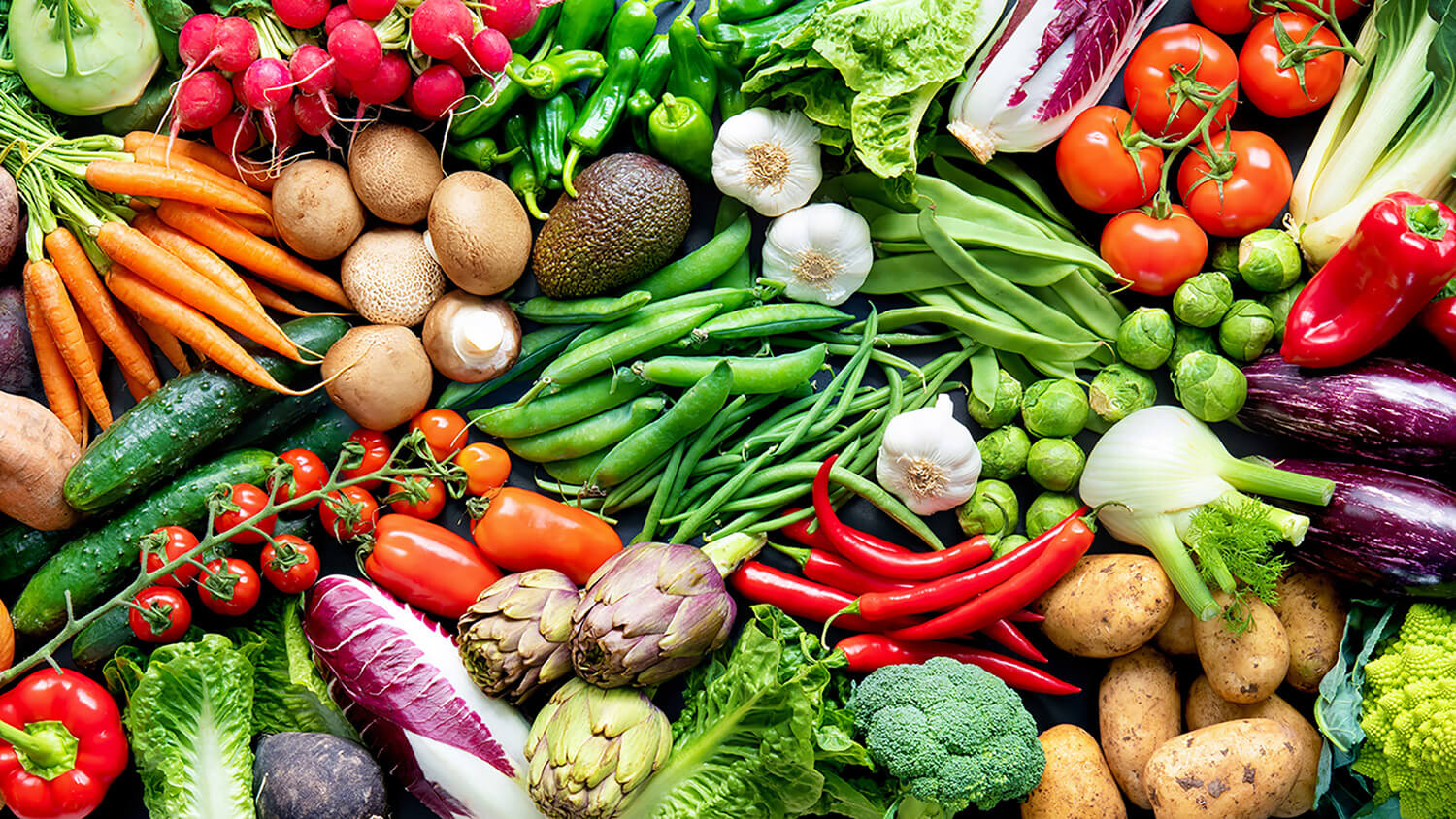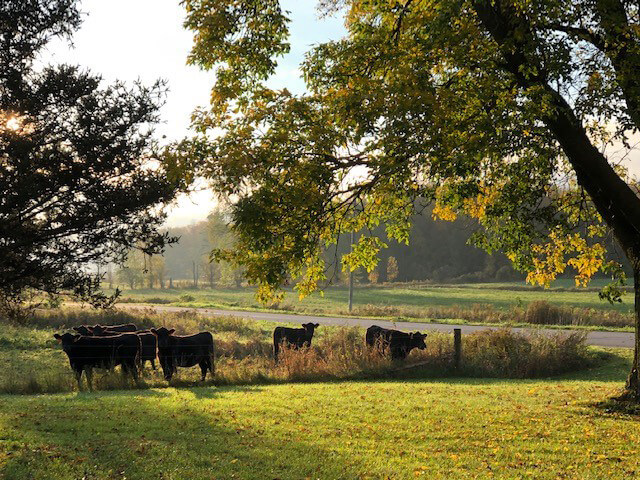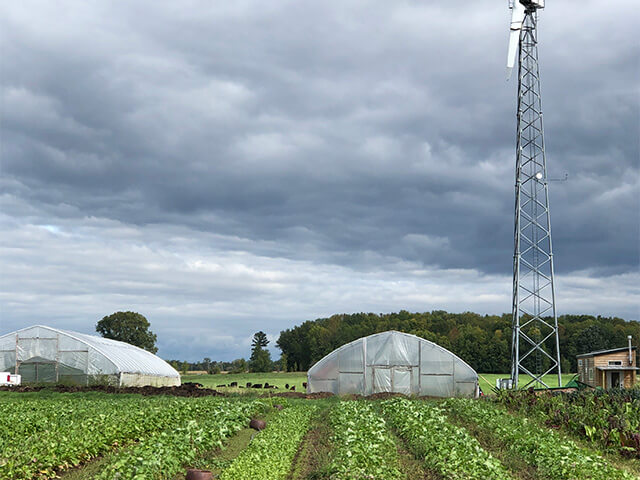
Organic Teachers Academy For educators & land conservation professionals
Complete all six courses in three years and earn a micro-credential as a certified Sustainable Agriculture Educator or take individual courses for Professional Development.
2024 – Year 1
- Organic Soils, Nutrients and Composting
- Sustainable Agriculture; Practices and Issues
2025 – Year 2
2026 – Year 3
- Value-Added Foods and Diversified Farms
- Food Systems: Food Quality
Meet your instructor

Valerie Dantoin has been a working organic farmer since 1990. Her family’s Full Circle Farm was recently named “2024 Organic Farm of the Year” by MarbleSeed, at the Midwest’s premier organic conference. The farm was also honored to received the 2024 Leopold Conservation award. The farm was an organic dairy farm for 20 years before diversifying into grass-fed beef, pastured-pork, and chickens, and a 15-acre CSA vegetable farm. Val has a master’s degree in Agronomy from UW-Madison and has developed and taught over 25 courses at NWTC since 2009.
Course Details

Organic Livestock and Managed Grazing
Organic Livestock Practices (Class 51490)
Students learn how organic farmers manage livestock successfully. Principles covered include organic health care, strategies for reproduction, feeding, housing, and young stock. Review rules and organic certification standards.

Organic Field Crops
Organic Field Crops (Class 51512)
Whether gardening on a small scale or using commercial greenhouses and fields, plan seedings, control pests, diseases, and weeds, all using best organic practices. Review rules and organic certification standards.
Academy Details
These fully funded college courses are offered to you because of a generous grant from an anonymous donor. You will also receive a stipend of $150 per class upon satisfactory completion of each class.
Capacity: Enrollment is limited to the first 25 people who apply
Questions: For information about curriculum, contact Valerie Dantoin, Sustainable Food and Ag Systems Instructor, at valerie.dantoin@nwtc.edu. For any other questions contact Bonnie Willems at bonnie.willems@nwtc.edu.